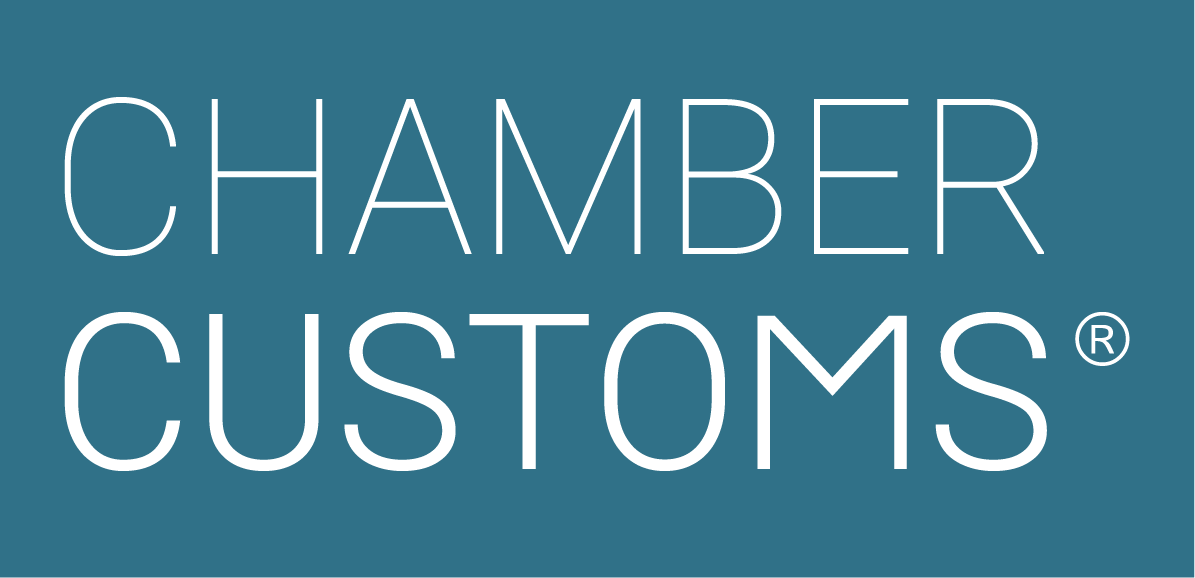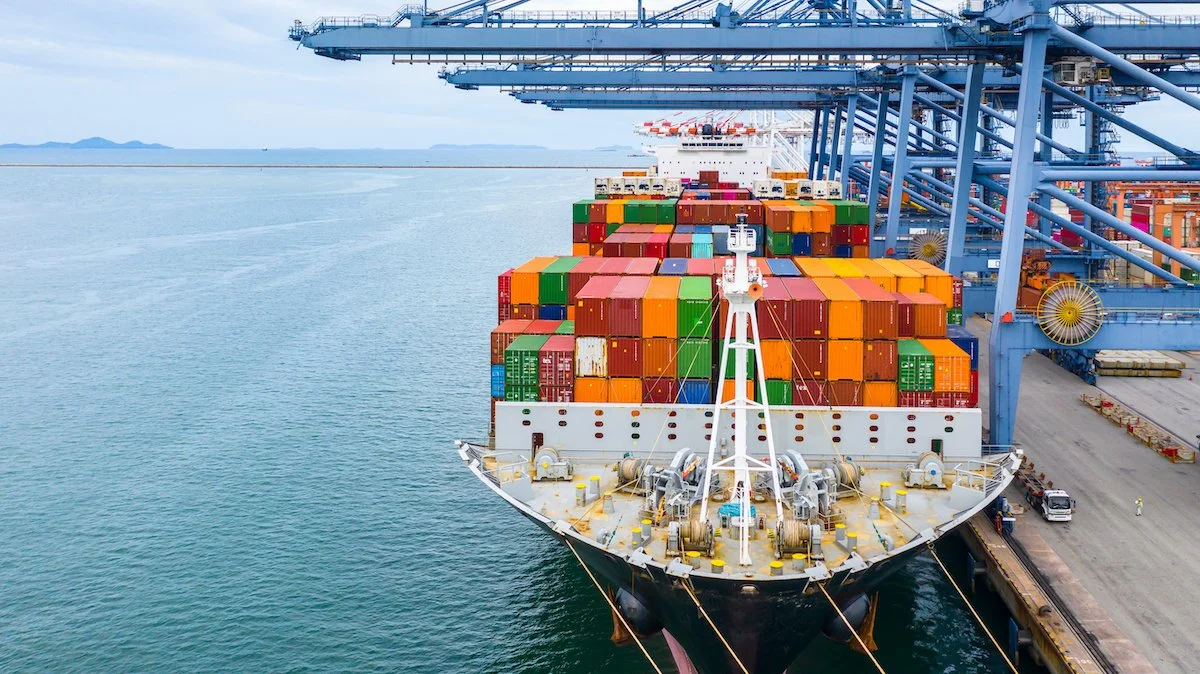Why are Rules of Origin so important in 2022?
Following 1st January 2022, the rules of importing and exporting will be stricter, you’ll also need to better understand the increased requirements for import declarations, export declarations and also the documentation that supports your proof of origin.
New requirements for supplier declarations from 1 January 2022
For some goods, the exporter may also need to hold supplier declarations.
Supplier declarations are documents that your supplier provides to you, that help you establish whether the goods you’re exporting meet the product-specific rules of origin. These are needed as supporting evidence to confirm the origin of the goods when the manufacture alone is not enough to meet the product-specific rules of origin.
From 1 January 2022, if you make statements on origin for goods you export to the EU, you must have supplier declarations (where needed) at the time you export your goods.
If you cannot provide a supplier declaration, or other suitable evidence, to confirm the UK origin of goods you exported to the EU between 1 January and 31 December 2021, you must let your EU customer know.
If you’re asked to verify the origin of your goods and you can’t provide this supporting evidence:
• Your EU customer will be liable to pay the full (non-preferential) rate of Customs Duty,
• You may be charged a penalty, and,
• You may be excluded from using preferential tariffs going forward.
Our helpful team can help you when using your supplier's declaration to support your proof of origin documentation.
How can I claim a zero tariff for my goods?
There are three steps you need to follow to claim a zero tariff on goods:
-
Your Customs Broker can support you when correctly classifying your goods. Commodity codes will classify your goods for import or for exporting goods - this way you can check if there is duty and VAT to pay. Your customs broker or adviser can help you identify if there are any discounts or duty relief that you can take advantage of, to lower the duties owed.
Your customs broker will also need to complete customs declarations for you, either an import declaration or an export declaration.
You can visit our UK import duties calculator here to find out how much duty is to be paid for your specific import.
If you are looking for a Customs Broker or bespoke Customs Advice, ChamberCustoms can help.
-
Your Customs Broker will help you here. It’s worth remembering that different goods have different rules of origin with varying ‘product-specific rules’ (PSRs). You are responsible for checking the rules for your specific goods. The Trade and Cooperation Agreement (TCA) outlines the product-specific rules for your goods.
-
This is especially important if you are claiming zero tariffs. You will need to show that your goods comply with the Rules of Origin. This proof can be garnered from the seller or exporter (via an Exporter statement of origin alongside the invoice, the exporter’s EORI Number and Registered Exporter number) or through evidence that the supplying business has about how the goods meet a specific rule in the rules of origin. We have outlined some examples of rules below.
If you are a UK-based business importing goods from Northern Ireland or exporting goods to Northern Ireland (NI) you should also check the origin of the goods, i.e. where they were produced or manufactured.
If you are looking for bespoke Customs Advice, ChamberCustoms can help.
What are Product-Specific Rules (PSPs) of Origin?
There are a few different types of Product-Specific Rules which your customs broker can help you to navigate for your imported or exported goods:
-
Wholly obtained means goods that are fully born, grown or extracted from the UK - these goods, such as UK-grown vegetables, are likely to be eligible for preferential treatment (i.e. zero-rated duties). If the goods require other inputs to grow, then all of the inputs (and their origins) need to be classified separately too. These goods may be suggested to a change in tariff code rule, which you can talk through with our customs brokers.
-
Value-added/ percentage rule means that a certain amount of the value of the finished product or goods must be generated in the UK, or in the EU - this is called ‘maximum level of non-originated material’ (MaxNOM)
-
Specified processes refer to operations that happen in the UK which means that the goods may be considered as originating in the UK. This is usually common in textiles, clothing for example - like processes being processed or weaved in the UK.
Rules of origin and how to use preferential tariffs for trade between the UK and EU
Rules of Origin are one of the most important trading requirements you need to understand and meet if your business buys or sells goods internationally.
If you are looking for a customs broker that can take care of your import declarations, transit documents and ensure you are compliant with your rules of origin documentation, you have come to the right place.
If you or your internal finance and logistics teams want to better understand Rules of Origin, you might want to check out our increasing list of courses for importing and exporting.
At ChamberCustoms, we offer bespoke advice for your business with our customs consultants, industry experts with decades of experience. Find out more:

